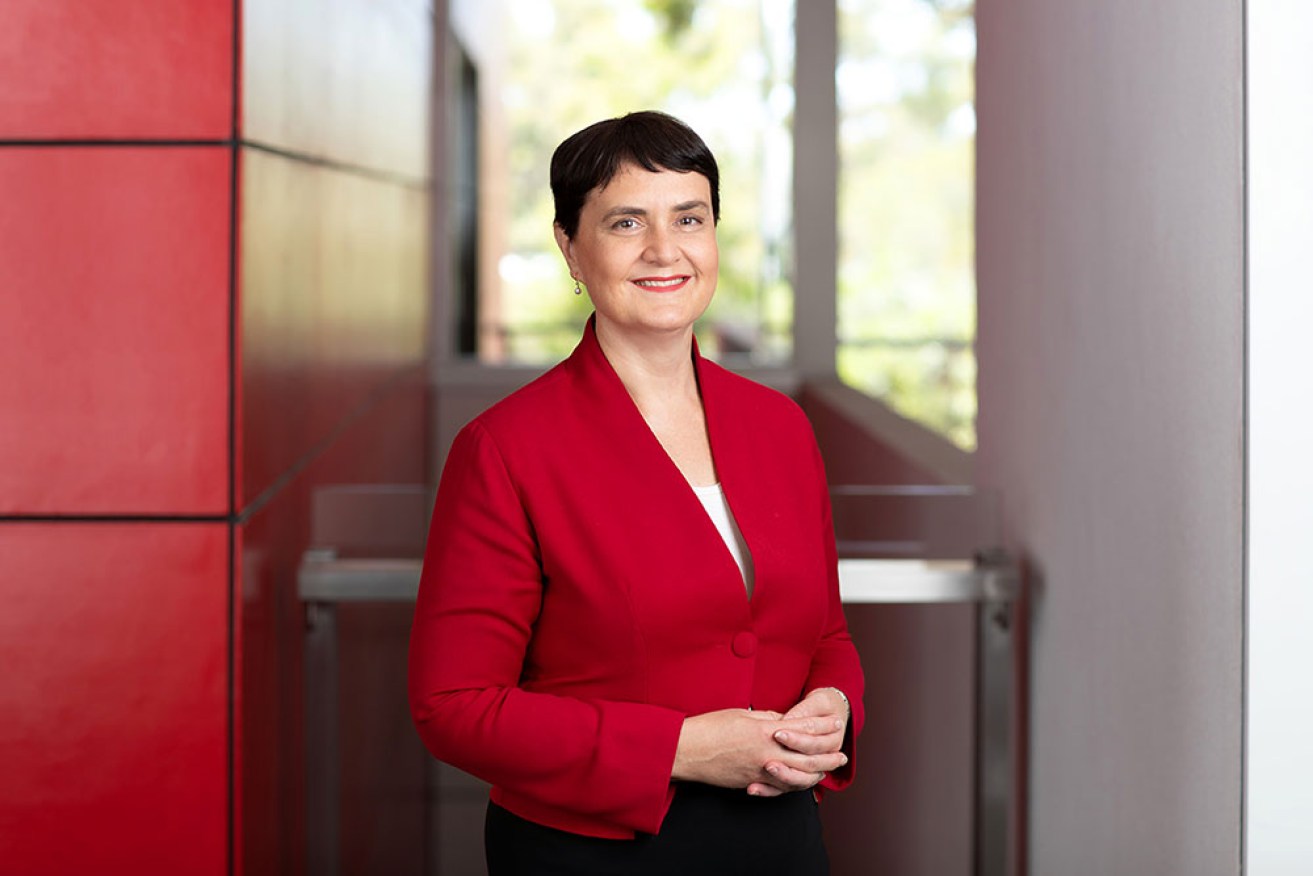Partnerships key to reaping benefits of a skilled workforce, says uni boss
Queensland’s agility in ensuring its workforce had the right skills to thrive in the future would suffer unless businesses and the education sector worked harder to develop true partnerships, according to the boss of one of the state’s leading universities.


Griffith University vice-chancellor Carolyn Evans. (Image: Luke Marsden/Griffith)
Griffith University vice-chancellor Carolyn Evans said the type of “deep partnerships” between professional bodies, universities, governments and the private sector that underpinned Australia’s health sector needed to be replicated in other industries.
Prof Evans told a Queensland Futures Institute forum on workforce skills that there needed to be more investment and a spirit of compromise in relation to developing partnerships between educational institutions and the private sector.
“It’s easy to toss off a word like partnerships and it’s easy to create small relatively superficial ones that produce a couple of internships or a minor executive course,” she said
“But if we are really going to seek opportunities over the next 10 years we need deep, rich, multi-faceted transformational partnerships.
“And I think we need to be honest with ourselves that they are hard work, expensive time consuming and require really difficult conversations between partners that might have different views.”
She said the health sector was one area where Australia did well in developing deep partnerships.
“The way we train our doctors, nurses, dentists is done in really deep partnership between the universities, health care service providers and government regulators,” she said.
“It’s not cheap, it’s no easy and it’s not straightforward.”
She said an example was Griffith seeing the need to set up training wards for students that replicated those in real hospitals.
But she said in other areas of the economy there was a lack of understanding between universities with certain education and training goals and employers who wanted graduates with appropriate skills.
“We have done (partnerships) in some areas but we could do really better in others,” she said.
University of Queensland vice-chancellor Deborah Terry told the forum her institution was focussed on “getting the balance right” in terms of workforce skills and capability.
“We teach our students how to learn into the future and it is absolutely critical that we balance that discipline of knowledge with those uniquely human skills that are essential for our future – leadership, capacity to collaborate,” Prof Terry said.
She said Australia’s former chief scientist Alan Finkel had long argued for students to have broad skills like entrepreneurship once they graduated.
“You have to have both (skill sets) because the discipline gives you the capacity to branch out,” she said.












